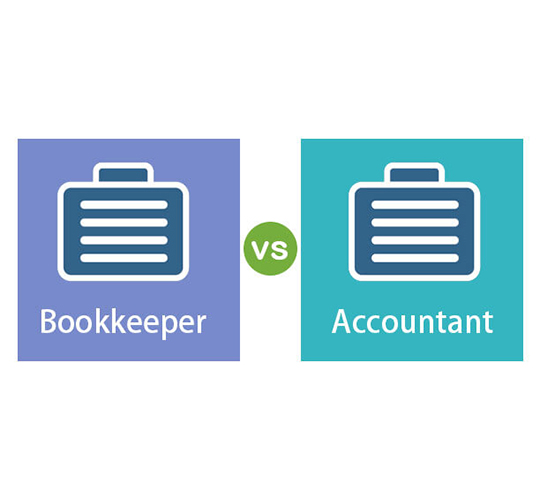Bookkeepers vs. Accountants - 7 Key Differences
Most people, especially those who do not come from a business background, have trouble distinguishing between bookkeeping and accounting. Often, accountants and bookkeepers are pitted against each other, despite the fact that the bookkeeper's work should be the first step in the accounting process.
Bookkeepers and accountants are both important when it comes to effectively expressing a corporate entity's financial activity, overall performance, and current financial status. Because of the critical role that bookkeepers and accountants play in every company organisation today, there is a higher demand for accounting and bookkeeping positions all around the world. Accountants and bookkeepers both benefit from professional, significant, and satisfying careers as a result of this high demand.

Main Functions: Bookkeeper vs. Accountant
Bookkeeping is the process of recording transactions on a daily basis in a consistent and honest manner. It is a key component to building a strong business, and includes the following major functions to be performed by the Bookkeepers -
1. Recording financial transactions daily
2. Processing invoices, payments, receipts, general ledgers, etc.
3. Accurately posting credits and debits daily
4. Completing payroll related work
5. Preparing financial statements
6. Reconciling multiple accounts and creating reconciliation reports
7. Managing AR and AP operations
8. Calculating GST
9. Lodging and preparing BAS
An Accountant's work although overlaps many of the above mentioned areas of expertise, still remains analytical and advisory in nature. An accountant can not only help in performing regular accounting tasks, but, based on the analysis of past performance, can also offer financial projections for your business and advise you on future financial elements that can affect your business. Services offered by Accountants include -
1. Taxation planning and advise
2. Business establishment assistance
3. Account auditing
4. Corporate financial reporting and compliance
5. Advising on superannuation funds
6. Financial management advise
7. Setting up general ledgers
8. Designing record keeping, archiving, and document destruction systems
9. Creating budgets